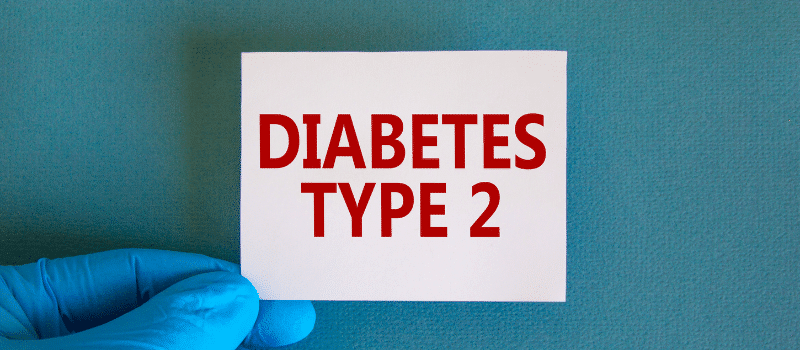How Are Weight and Type 2 Diabetes Connected?
How Are Weight and Type 2 Diabetes Connected?

Type 2 diabetes is a chronic condition that affects millions of people worldwide. While several factors contribute to the development of type 2 diabetes, one of the most significant is weight. This is why people with type 2 diabetes are often told to focus on weight loss. Understanding the link between weight and type 2 diabetes can assist in managing the condition.
The Role of Excess Weight in Type 2 Diabetes
Excess weight, particularly abdominal fat, is a major risk factor for type 2 diabetes. When you carry extra weight, your body’s cells can become more resistant to insulin, a hormone produced by the pancreas that aids in regulating blood sugar levels.
It can allow sugar (glucose) to enter cells and be used for energy. When cells no longer respond effectively to insulin, glucose accumulates in the bloodstream rather than being taken up by the cells, resulting in elevated blood sugar levels.
How Weight Gain Leads to Insulin Resistance
If you carry too much weight, it can result in the buildup of fatty deposits in tissues, which may disrupt the regular operation of insulin. This condition is known as insulin resistance. The body needs additional insulin to keep blood sugar levels in check.
Over time, the pancreas cannot keep up with the heightened demand for insulin, leading to the development of type 2 diabetes. Fat cells also release inflammatory chemicals, which can contribute to insulin resistance.
How Weight Loss Influences Type 2 Diabetes
Losing weight can significantly impact managing and potentially preventing type 2 diabetes. Losing only 5-10% of body weight can significantly enhance insulin sensitivity and contribute to reducing blood sugar levels.
Losing weight can also lower the risk of complications related to type 2 diabetes, including heart disease, stroke, and nerve damage.
Book Your Medical Weight Loss Consultation
The connection between weight and type 2 diabetes is clear: maintaining a healthy weight is necessary for preventing and managing the disease. If you are concerned about your weight, contact us at 904-686-8929 and schedule a consultation with Michelle K. Scott and the team at Ready Health and Wellness.











